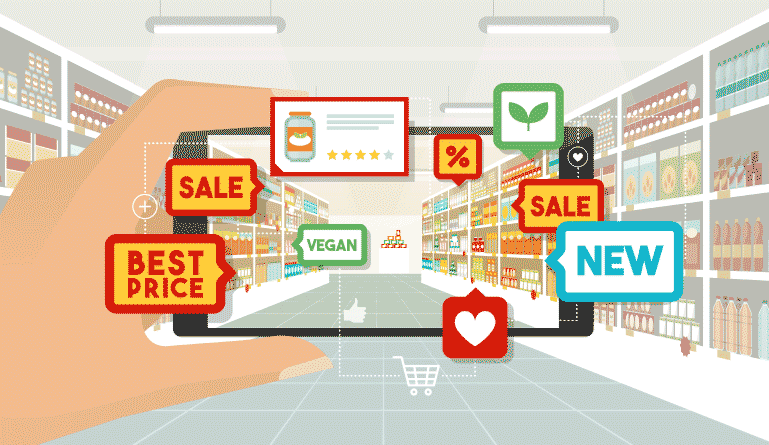Most organizations have one hard metric of business success: sales. Growing sales and driving revenue are a key part of a company’s future and most actions in business – marketing, customer service, even hiring – help to drive or support sales and sales teams.
Sales enablement is a key part of a company strategy to help create more sales and a better selling environment. Here’s how sales enablement technology can facilitate better sales for your business.
What is sales enablement?
Research organization TOPO defines sales enablement as, “the process of providing the sales organization with the information, content, and tools that help salespeople sell more effectively. The foundation of sales enablement is to provide salespeople with what they need to successfully engage the buyer throughout the buying process. A big part of sales enablement involves equipping salespeople with information they can use in sales cycles. This information might take the form of customer-facing content, sales best practices, and tools to name just a few examples.”
Sales enablement involves bringing teams together – like marketing and customer service – to align on sales goals, define what’s needed for more effective sales, and then provide those resources or assets.
Why is sales enablement important?
In an increasingly customer-centric world, sales enablement helps put the customer experience first. Both B2B and B2C customers no longer want to be “sold” to – they want businesses to understand what their pain points are and help them better understand what the solution is. Automated marketing developed from this view and gives businesses the principles behind creating personalized materials that resonate with potential buyers.
While sales enablement creates a better customer experience, it can also create a better sales experience. Not only do sales reps collaborate with other business teams to help define some of the assets they believe would benefit customer, but sales enablement also gives every team member access to the same knowledge, training, resources, analytics, and best practices developed through the sales enablement process. It can “democratize” the selling process and enable everyone on a sales team to do their best work, letting businesses predict sales with more accuracy and helping sales reps hit their sales quotas with more predictability.
How can sales enablement technology improve sales in your business?
Since sales enablement is a process with many parts, it’s helped along by various technologies and software tools. Tech tools that enable better communication and collaboration between team members, like Slack or Skype, training and onboarding tools that distribute best practices like MindTickle, and sales analytics tools like Brainshark that help business understands what is engaging customers are parts of a sales enablement toolkit that businesses often use.
When it comes to finding the best sales enablement technology, Forbes recommends asking these questions: Does it align with your current CRM and other platforms? Can it seamlessly bring together your marketing and sales content in one place? Is it easy to access and navigate? Can it both evaluate existing content and sellers and identify gaps in the strategy? Does it provide content analytics to give you a better understanding of who is consuming what content?
If your sales enablement technology can answer ‘yes’ to these questions, it’s likely to be an asset to your organization and a worthwhile investment that can help improve your sales.
The right technology can make it simpler and easier to grow. Sales enablement technology helps you meet your sales goals more efficiently and with a more customer-centric approach. Tools that provide businesses with better communication, better strategy execution, better analytics, and better customer management are the kinds of tools to consider for your sales enablement implementation.





